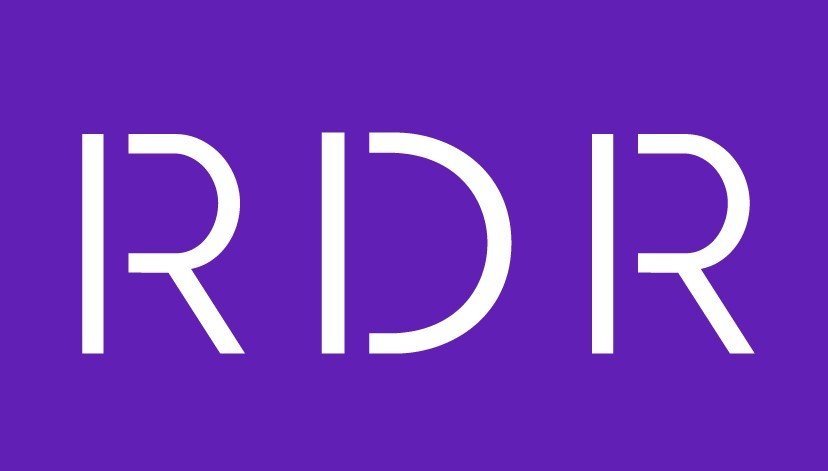Niemann-Pick Type C Disease
Niemann-Pick disease type C (NPC) is a rare, progressive genetic disorder that affects the body’s ability to transport cholesterol and other lipids inside cells, leading to their buildup and damage, especially in the brain, liver, and spleen. NPC is a life-limiting disorder. Prognosis depends on age of onset, with earlier onset forms typically progressing more rapidly.
Cause: Caused by mutations in the NPC1 (most common) or NPC2 gene. These genes are involved in lipid transport within cells. NPC is inherited in an autosomal recessive pattern.
Features: Highly variable, but may include:
Infant/early childhood onset: developmental delays, liver dysfunction (jaundice, enlarged liver/spleen), difficulty feeding.
Later onset (childhood to adulthood): progressive neurological decline, problems with coordination (ataxia), vertical gaze palsy (inability to move eyes up/down), speech and swallowing difficulties, seizures, and cognitive decline.
Diagnosis: Includes genetic testing, filipin staining (in cultured cells to detect cholesterol buildup), and biomarker tests (e.g., oxysterol levels).
Treatment: No cure. The drug miglustat can slow neurological progression in some patients. Supportive therapies (e.g., physical, occupational, and speech therapy) are essential.
Active Trials
-
TITLE:
SPONSOR:
INDICATION:
PROTOCOL:
PHASE:
DESCRIPTION:
STATUS:
RECRUITING PATIENTS:
RDR LOCATION:
Past Trials
-
TRIAL TITLE: Niemann-Pick Type C Treatment With Adrabetadex for Symptoms of Brain and Nervous System
SPONSOR: Mandos LLC
INDICATION: Niemann Pick Type C Disease
PROTOCOL: VTS-270-001
PHASE: 4
DESCRIPTION: This study was amended from extended access to a clinical trial. Information will be collected about long-term safety and effectiveness of adrabetadex shots in the spine every 2 weeks. Participants who were already taking adrabetadex will receive their stable dose. Participants who have not ever taken it will start by receiving 400 mg. The study design will be like the expanded access by Rush University, but for children at least 4 years of age at screening.
Participants will receive treatment every 2 weeks until their doctor finds it does not help them anymore, they withdraw, or the study is stopped for any reason. Participants will not receive additional study treatment after their participation in this protocol.
STATUS: Completed
RECRUITING PATIENTS: No
RDR LOCATION: Georgia

